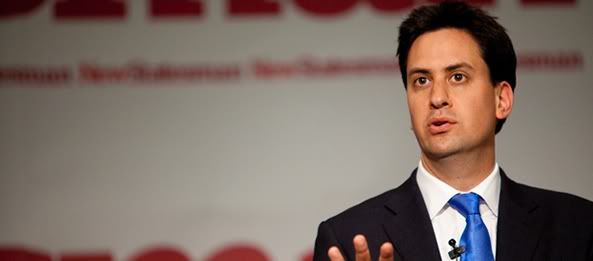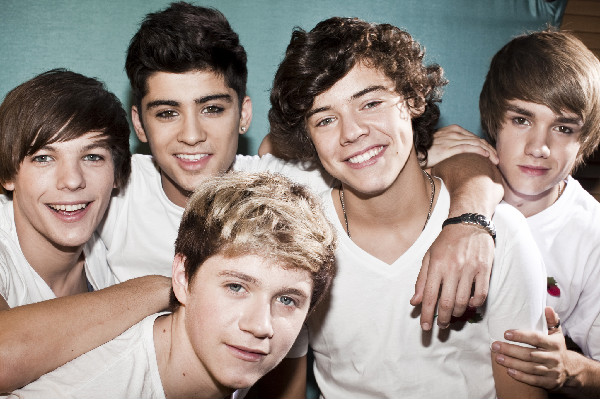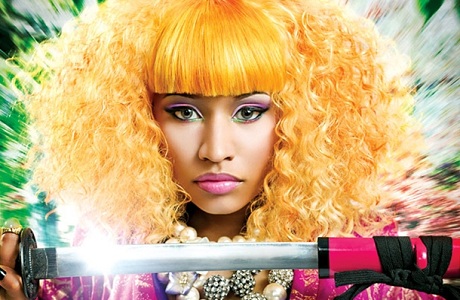This year’s Eurovision song contest cements an image of Europe that’s quite simply fed up with the United Kingdom and its arrogance.
As Scott Mills preceded to introduce his country’s votes to over 100 million people, and its subsequent hosting of the Olympics, he was met by a less than enthusiastic reaction, where other nations received mountains of applause at a mere mention of the name. Was this a lack of passion on our part, or that of Europe’s? Either way, it epitomised our toxic bilateral relationship with the continent, our condescending apathy and their bemused disgust at our inflated sense of self.
When our own charismatic stallion Engelbert Humperdinck finished a dismal but half-expected second from last place, Brits across the country would’ve been regurgitating the same ‘bloc voting’ crap that seems to resurface every year. But most embarrassing of all was the stark contrast between Humperdinck and winner Swedish dance ‘Loreen’, a woman who if not for her Nordic inflection could’ve been a Hoxton music babe, straight from a trendy bar with an upcoming collaboration with Tinie Tempah or the like. There’s an overwhelming feeling that the Swedes have beat us at our own game – spinning a half decent tune: wasn’t melodic pseudo-classy dance music meant to be our thing? Obviously not.
That’s not to say Sweden isn’t a European musical genius, far from it. Sweden has for a while been the ‘cool kid’ of the continent, a self-image dictated by the sense of pride an act like ABBA can bring you if all you’ve got is IKEA and Vikings for your national exports. In fact, behind us and the United States, with over 800 million dollars in revenue, Sweden is the third largest music exporter in the world – our showing at this year’s Eurovision did nothing to cement our deserving of the world’s Silver Medal in music.
Then again, take away Engelbert and there’s still a bucketload of reasons why not to vote for the world’s first proper imperial nutjobs. While the countries of the European Union see themselves in the globe’s largest ever financial crisis, there’s one thing that draws a wedge between us and our neighbours. While we see the impending financial and political disaster as a cue to head for the figurative door, the majority of the continent see it as nothing less than a stimulus for an ever closer fiscal and political union. We are fundamentally opposed to this idea, both in popular opinion and in our national politics. To us, one would rather gouge out its own eyes with Jedward’s abrasive personalities than see a future strapped to the backseat of a European death trap. Not only do Europeans know this, but they do not like it either.
For them, this exact way of thinking is nothing more than a remnant of our own bloated feeling of worth and importance, a staple to the very image that a word like ‘British’ conjures. It’s no wonder the phrase ‘Inselaffe’ (Island Monkey) is the conventional German term for an inhabitant of this country, an acknowledgment of our skewed view on just how far our blustering isle lies from the continent’s coastline. While our national insults for the Europeans range from a less than innovative nod to their eating habits (Frog-Eaters for the French, Krauts for the Germans) to a half-century old political legacy that still gives us a juvenile feeling of historical moral superiority (Nazi Scum anyone?) – their insults reflect an unpopular and arrogant political sentiment that has become a cornerstone of our identity on a continent that is characterised by its ideology of ‘togetherness’. And for the rest of them? It’s well known us Brits know just as much about the patchwork countries of Europe as we do about American “Football” – fuck all.
So next Eurovision, when we proceed to match our dismal performance at the world’s biggest song contest and follow it with a tirade of “it’s all political voting”, remember, it’s hardly fair to expect a Slovenian to remember your nation’s stone age ballad when you can’t even remember its capital city – and capital cities don’t change every year, unlike Eurovision entries. Well, apart from Jedward.






